Who’s who, Labour stability, election prospects, VIPs
ANALYSIS: Despite Labour’s difficulties, polls are still close.
NBR political editor Brent Edwards speaks with Grant Walker.
ANALYSIS: Despite Labour’s difficulties, polls are still close.
NBR political editor Brent Edwards speaks with Grant Walker.
Ministerial musical chairs have left many confused about who is minister for what.
After Kiritapu Allan resigned as a minister this week, her portfolios were spread among a range of sitting ministers, as Prime Minister Chris Hipkins said it was too late – with a little more than a couple of months to go to the election – to promote someone new into a ministerial post. Instead, Police Minister Ginny Andersen picks up Justice, Kieran McAnulty Regional Development, and Grant Robertson takes over the lead coordination role for Tairāwhiti. David Parker’s decision to relinquish Revenue also prompted a chain of changes, with Barbara Edmonds taking on the role but relinquishing her responsibilities as Associate Health Minister and Damien O’Connor becoming Associate Transport Minister to help Parker in that big portfolio.
It all led to a bit of confusion, with NBR presenter Grant Walker suggesting no-one can name all the ministers, including Hipkins, who on Monday could not recall who the Customs Minister was.
To set the record straight, Jo Luxton is Minister of Customs, but it is hardly a high-profile portfolio. In 2022, she issued just five press statements on work in that area and, so far this year, just two. It appears Customs issues do not appear regularly at all on the Cabinet agenda and are not likely to be ones the Prime Minister is bothered by.
More telling, perhaps, in all of the ministerial merry-go-round, which was prompted by Allan’s travails, was Parker’s request to give up Revenue after Hipkins made a captain’s call that under his prime ministership there would be no wealth or capital gains tax. Parker, who has had a clear interest in ensuring wealth was taxed – in his view – more fairly, said it was not tenable for him to stay on as Revenue Minister.
Is it a decision of principle or a sign of turmoil within the Government?
National’s election campaign chair Chris Bishop said Parker had clearly breached Cabinet collective responsibility, but Hipkins’ leadership was so weak Parker had to stay in Cabinet.
“This is absolutely extraordinary. A senior minister has asked to be relieved of a major portfolio because he fundamentally disagrees with Labour’s core tax policies, but yet he remains in Cabinet,” Bishop said.
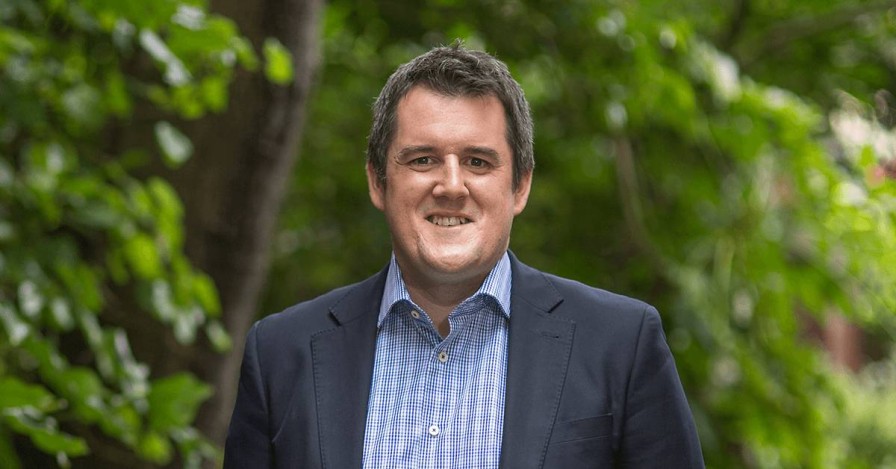
National Party election campaign chair Chris Bishop.
Bishop said the Government was beset by splits and divisions and Cabinet was now two ministers short because Hipkins had too little confidence in his own MPs to fill the vacancies.
Walker says Parker says he is a team player, but how can he be? Doesn’t it reflect lack of confidence in Hipkins?
And he points to reports in Wellington’s newspaper The Post, which quotes an unnamed source speaking about what happened at Labour’s caucus meeting the day after Allan resigned as a minister and subsequently announced she was also standing down from politics.
“Has Labour lost the election?” Walker asks.
Bishop clearly thinks so as he describes what’s happening as “the last throes of a disintegrating government”.
It does seem hard to believe that, based on what has happened this year – including economic difficulties and multiple ministers misbehaving – that Labour could find itself in a position to govern after the October 14 election. Yet recent opinion polls, while suggesting it might be a hard ask, also indicate it is not impossible. Labour is still within a whisker of National when it comes to popular support, and together National and Act have not yet pulled decisively ahead.
Labour and Hipkins will be hoping that remains the case until the election campaign starts in earnest and that Hipkins can then outcampaign National leader Christopher Luxon well enough to win back some of its faltering support.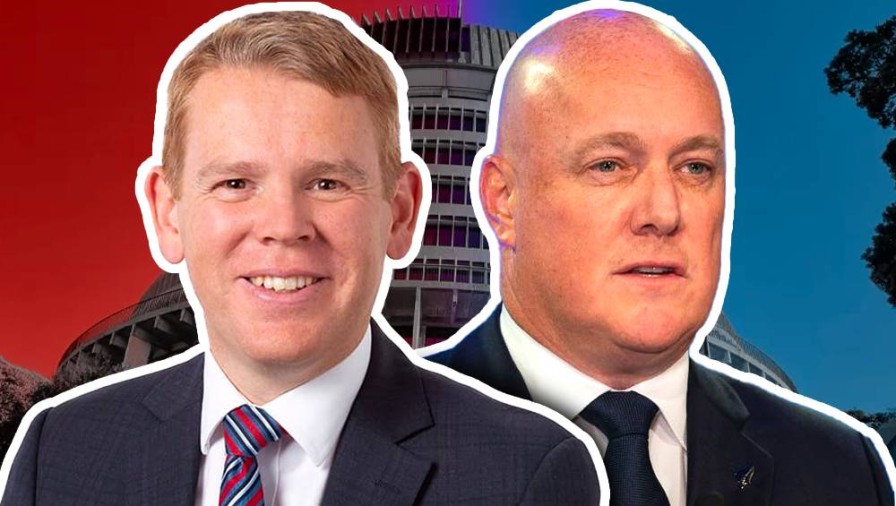
Labour will be hoping its leader Chris Hipkins campaigns better than National leader Christopher Luxon.
While the week started badly for Hipkins he did get some opportunities to shine, particularly when meeting Australia Prime Minister Anthony Albanese in Wellington. The two leaders announced more work would be done on streamlining trans-Tasman travel, as well as looking at other opportunities to make the single economic market a reality.
That did not satisfy Act leader David Seymour, though, who repeated his line from earlier in the year that Australia was playing New Zealand “like a didgeridoo”.
Seymour said in the two days Albanese was in the country, 186 New Zealanders left for Australia.
“Hipkins has been known to bring an extra jet with him on international travels. I wonder if Albo brought one to transport all the departing Kiwis back to Australia with him,” Seymour said.
The travel and tourism sector welcomed the announcement, though, with some suggesting streamlining travel could make it cheaper.
United States Secretary of State Antony Blinken was also in Wellington meeting with both Hipkins and Foreign Minister Nanaia Mahuta before heading to Wellington Regional Stadium to watch the United States play the Netherlands in the Fifa Women’s World Cup.
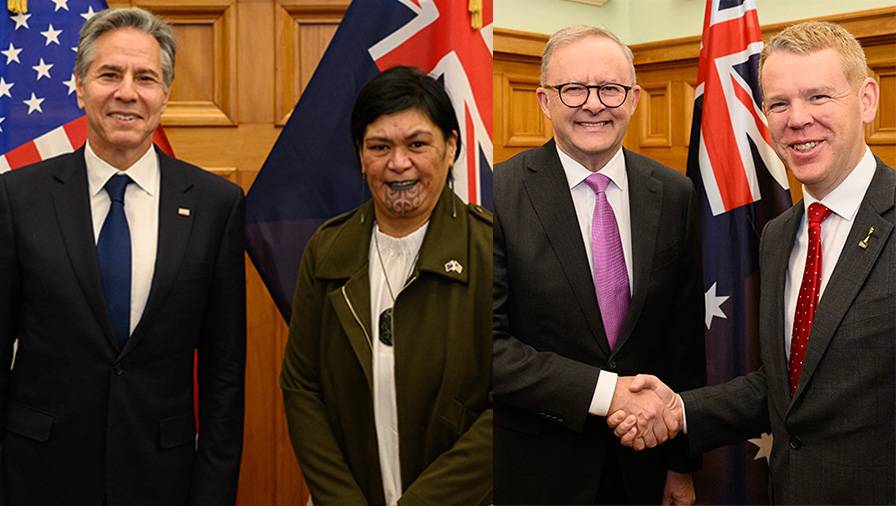
Antony Blinken, Nanaia Mahuta, Anthony Albanese and Chris Hipkins.
Meanwhile, economist Cameron Bagrie is forecasting tougher times ahead, predicting up to 400,000 people could end up on benefits. At the end of June, there were already 351,759 people on a main benefit, up 7137 or 2.1% from the year before.
The country reached the 400,000 mark in the late 1990s when its population was much lower but increasing numbers on benefits will do little to enhance Labour’s election prospects.
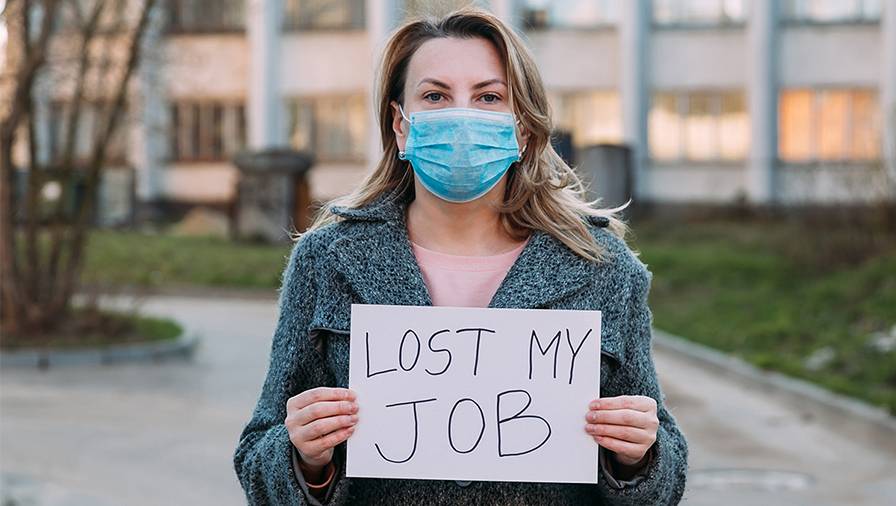
A predicted rise in those on benefits would not help Labour’s election chances.
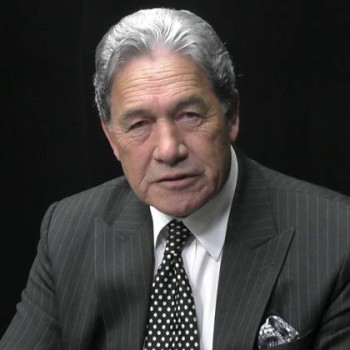
Will NZ First leader Winston Peters have role in post-election negotiations?
This weekend it selects its party list for the election, with many sitting list MPs facing the chop. Just how many will lose their jobs will depend on Labour’s final party vote and also on how many electorate seats it loses.
Not that, according to the polls, the National Party is set to do a lot better and minor parties appear to be picking up support. It prompts Walker to ask whether National might hope that New Zealand First makes it back into Parliament to act as a bulwark against Act’s more radical policies?
But surely the last thing National leader Christopher Luxon would want to wake up to the day after the election is the prospect of having to talk to both Winston Peters and David Seymour. It would be much easier and cleaner for National if it just had to negotiate with Act.
In a little over two and a half months, all this speculation will be put to rest and the political parties will be dealing with the reality the voters have delivered to them, not the theoretical outcomes the opinion polls suggest.
Brent Edwards is NBR’s political editor.